Get your students to find text features in non-fiction books with this student-centred flipbook activity perfect for literacy groups.
Find and Record Non-Fiction Text Features
Non-fiction texts have lots of information in them. To help the reader understand this information, writers use elements called text features. Some text features make the text easier for the reader to understand, while others make it easier for the reader to find certain information.
This flipbook has been created by our expert teacher team to guide your students in locating these features in non-fiction books. Each page contains a new non-fiction text feature to be explored. A definition of each feature is provided, then students must locate and record an example of that feature in a non-fiction book of their choosing. Students are required to:
- Read the definition of the feature.
- Find an example of the feature.
The non-fiction text features included in this flipbook are:
- Table of contents
- Headings
- Formatted text
- Bullets and numbers
- Glossary and index
- Visual elements
- Photos and captions
Example tasks include:
- Find the index of your chosen book. Choose three topics. Write the topic and the page it can be found on.
- Find an example of a subheading in your chosen book. Write the example and the page number.
- Find each of the following visual elements in your chosen book and draw them.
Once the students have completed the flipbook, they can store it for future reference whenever they need a reminder of non-fiction text features and their purpose.
Easily Create This Text Features Flipbook
Creating this non-fiction text features flipbook takes a small amount of preparation, but it is well worth the effort! Thankfully, the instructions are simple enough for your students to follow. Complete these simple steps to create this nonfiction text features resource:
- To print double-sided, make sure to check “flip on the long edge.” Print each student a copy of all pages and create a packet.
- Students cut out the flipbook pages on the dashed lines.
- Stack the individual pages in order, beginning with the largest on the bottom, and ending with the smallest on top.
- Align all pages carefully along the top edge.
- Staple the book together at marked staple points.
- Have students use a nonfiction text to find and write about the examples found within the text.
Download to Find Text Feature Examples
Use the Download button above to access either the easy-print PDF or the editable Google Slides version of this non-fiction text features flipbook. (Note: You will be prompted to make a copy of the Google Slides template on your personal drive before accessing it.)
It is suggested that you print one copy of the entire resource, then remove the instruction page before making copies for your students.
Please note that these flipbooks have been designed to be printed double-sided.
This resource was created by Samantha Rose, a Teach Starter collaborator.
Click Below for More Text Features Resources
Has this flipbook sparked your interest in Teach Starter’s teacher-created, curriculum-aligned text features resources? Click below for more great activities to engage your students and save you time!
[resource:5028875] [resource:4371335] [resource:5032098]
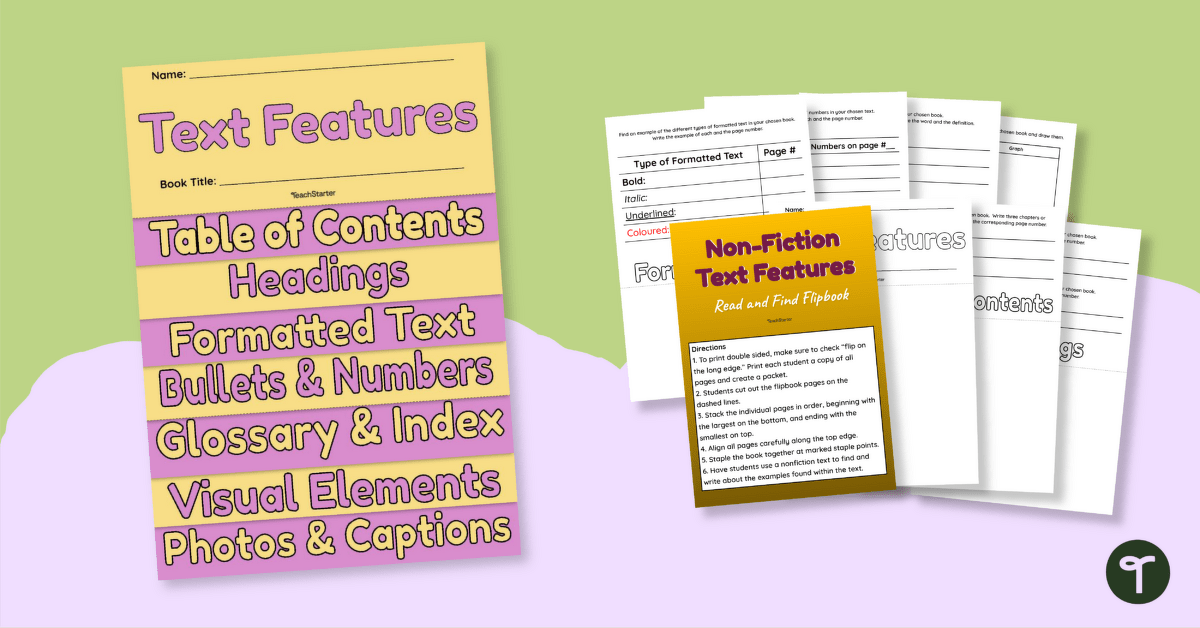

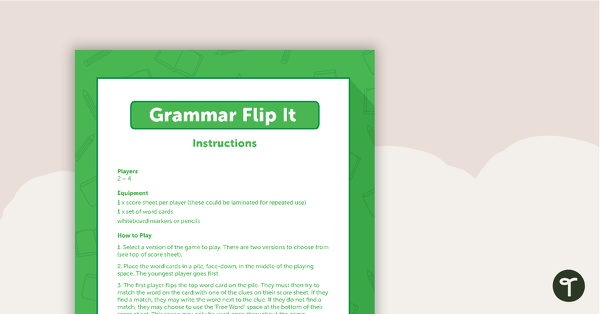
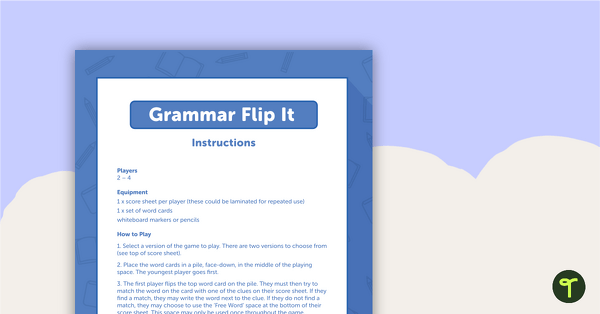
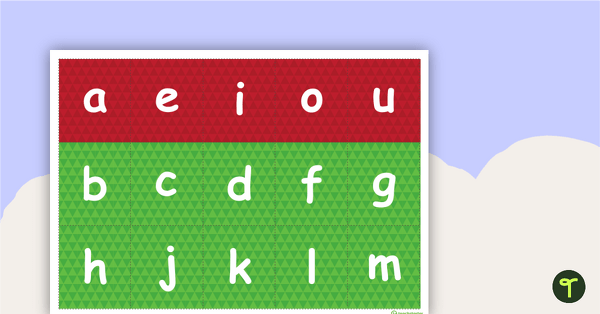
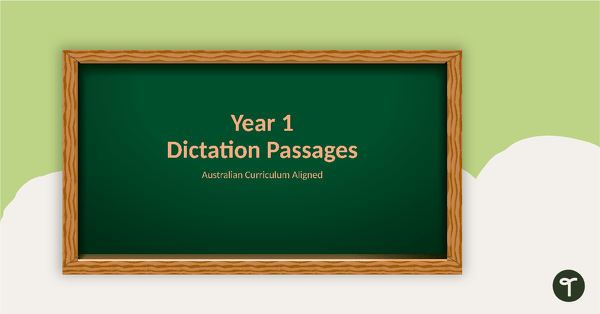
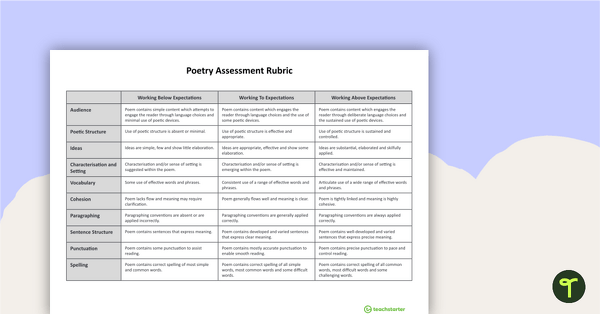
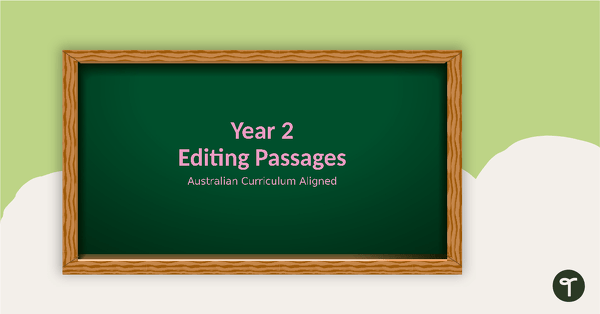
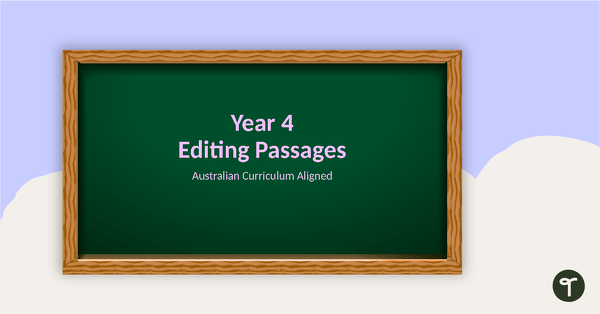
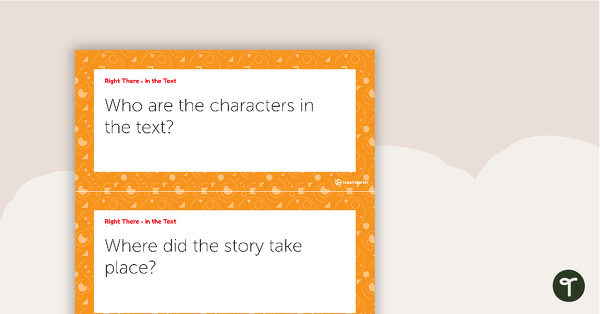
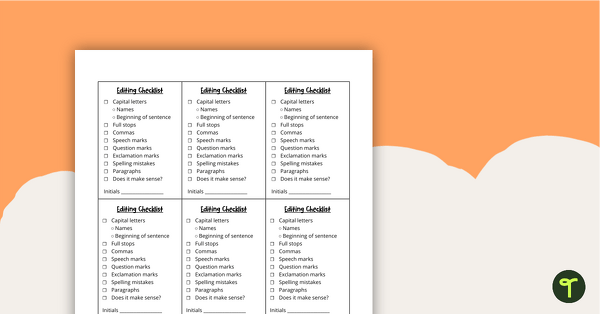
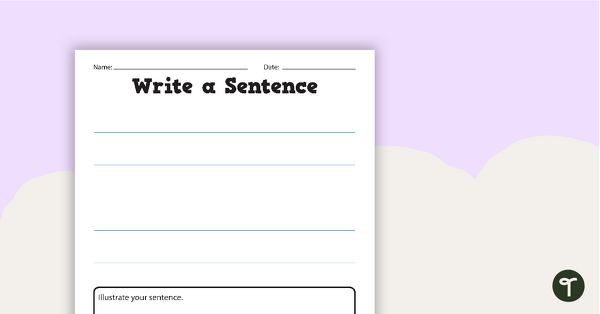
0 Comments
Write a review to help other teachers and parents like yourself. If you'd like to request a change to this resource, or report an error, select the corresponding tab above.